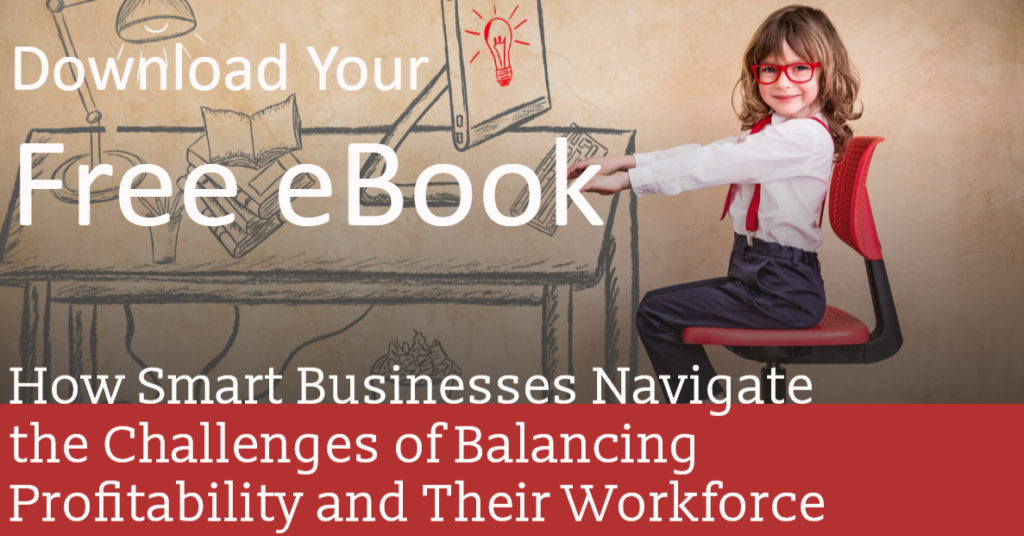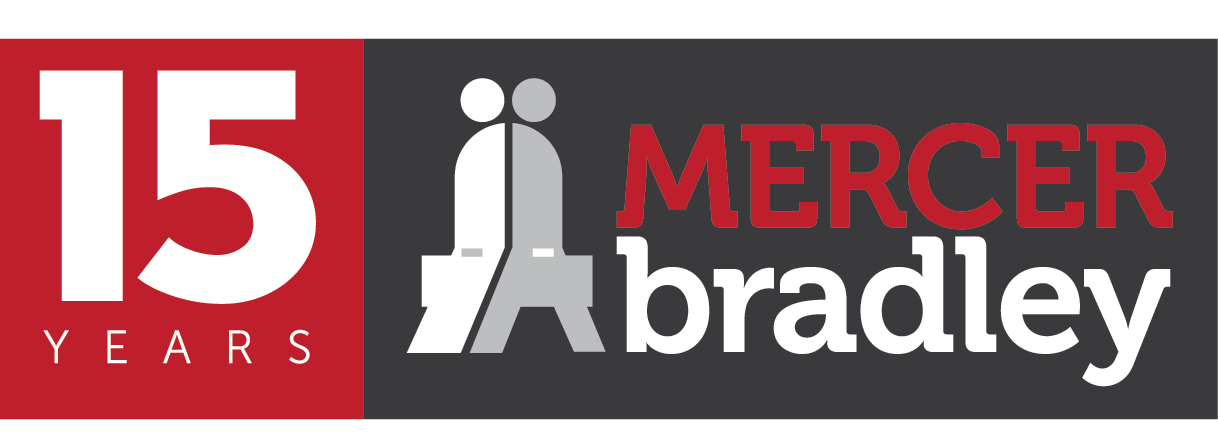As a small business owner, the sooner you hire a bookkeeper, the better. Although you may have substantial amounts of capital and enough regular customers, your company will not grow without someone running the financial side of things. Here are four benefits you gain by hiring a bookkeeper.
4 Reasons Why Hiring a Bookkeeper is Great For Your Business
1. Efficiently Invoice and Pay Bills
Employing a bookkeeper ensures you remain current on invoicing and bill paying. A bookkeeper bills each customer and calls about overdue invoices. They also handle debt payments, payroll, filing and paying taxes, and other financial obligations. You maintain proper cash flow to cover debts, avoid late fees, and continue building your business credit. Because your taxes are paid on time, you reduce the odds of facing legal issues or being audited.
2. Minimize Errors
Hiring a bookkeeper minimizes errors. Although running a business involves tracking and recording a substantial amount of information, you most likely lack a background in finance or a working knowledge of accounts payable, accounts receivable, taxes, and other relevant areas. By working with a bookkeeper, they can handle the day-to-day recording of receipts, invoices, and other transactions. They are trained to spot data entry mistakes, lost transactions, and personal/business expense mix-ups.
3. Free Up Time
Working with a bookkeeper frees up your time. They keep track of sales, purchases, payments and receipts and work on the design maintenance and review of your internal business processes. A bookkeeper also organizes, collates, and records financial data on a day-to-day basis and stores the information in general ledgers. Additionally, they record financial information in a standard way so that accountants have easy access. You are able to focus on strategy, marketing, funding, and other key areas to continue developing and growing your business.
4. Improve Your Bottom Line
Hiring a bookkeeper can improve your bottom line. You can determine where your money is going each month and how you can improve. Because they are skilled at using accounting software, a bookkeeper can advise you on POS tools and other add-on solutions to streamline your workflow. They also can suggest payroll services to simplify paying your staff. Additionally, a bookkeeper can advise you on cash flow problems, late invoice payments, and other issues that may affect you. Because a bookkeeper keeps you informed on your profit and loss and other numbers, you can better understand your financial standing and remain aware of the causes of irregularities.
Looking for smart business advice?
For additional small business tips and to inquire how a bookkeeper can add additional value to your business, contact Mercer Bradley!





Leave a Reply